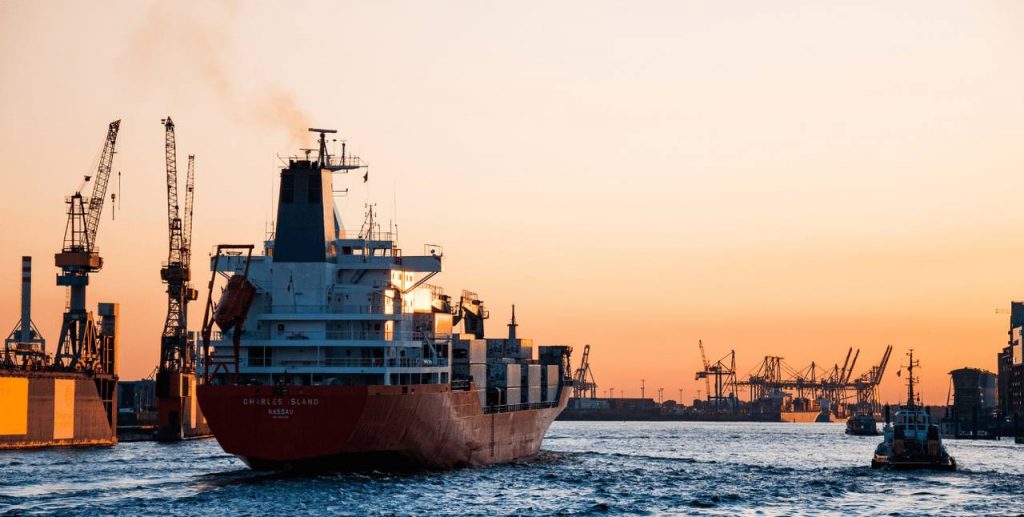
This involves the movement of people and goods by water with the use of water vehicles such as canoes, ships and other water-going vessels. There are two types of water transportation. They are; inland water transportation and ocean transportation.
Inland Water Transportation:
Inland water transportation involves transport along lakes, rivers, lagoons and canals. Important inland waterways in Nigeria are River Niger, River Benue, Cross River, Kainji Lakes, Lake Chad and some creeks and lagoons close to the coast.
Inland waterways have been in use for transport right from early times. The ships used during medieval times were very small and therefore not used along deep waters, nowadays, the ships are quite large and require large bodies of water. This in fact has rendered the rivers inadequate for navigation.
Ocean Transportation:
Ocean navigation involves transportation by water between two countries and between regions in a country along coastal lines.
Types of Ocean Vessels:
There are two types of ocean vessels
1. The ocean liners that ply back and forth on a regular time schedule and between specified ports. They carry, generally, both passengers and freight. Some may carry more of either of them.
2. Ocean Tramps: The carriers are meant to go wherever cargo is available and are not restricted by time schedule.
Water Transportation (Nigeria as a case study.)
The waters in Nigeria are made up of:
1. Inland waterways.
2. Ocean highways.
Inland waterways involve waterways. Rivers Benue and cross lakes (Chad and Kainji) coastal barges are used for sailing along or across them. There are some important river ports such as Lokoja, Jebba, Onitsha, Calabar and Makurdi.
Try to locate these towns on a map and examine the rivers that run by or across them.
These towns’ ocean routes are seen either coastwise or internationally. Those that go along our coast are called coastwise routes. They link ports like Forçados, Warri, Burutu, Epe, Lagos, Calabar and Bonny. Passengers are carried by some of the boats. They use them as well as help redistribute imported goods discharged at the major ports.
Nigeria and her trading partners abroad are connected by international ocean routes. The principal ports in the country are Lagos, Port-Harcourt, Burutu, and Calabar. A lot of shipping companies operate the international routes; the Nigeria national shipping line, the black star line of Ghana and the British, Liberian and Japanese lines.
There are four types of ships that use cargo vessels carrying cargo in unit containers.
1. Vessels that carry goods stacked inside large metal boxes, called containers.
2. Ocean liners that carry passengers and mail.
3. Tankers that carry palm oil and petroleum in bulk.
4. Trunk cargo vessels that have no definite routes or cargo. They can be at any port to pick up or upload cargo there.
Advantages of Water Transport:
1. It is good for transporting goods over long distances.
2. It is used in international trade for moving bulky goods from one country to another.
3. It is one of the safest means of transport for conveying people and goods.
4. It is the cheapest mode of transportation.
5. It is quite safe.
Disadvantages of Water Transport:
1. It takes a long time to get from one destination to another. It is very slow.
2. It is not suitable for carrying perishable goods.
3. The cost of acquiring ships is very high.
4. It is costly to construct and maintain ports.



Responses